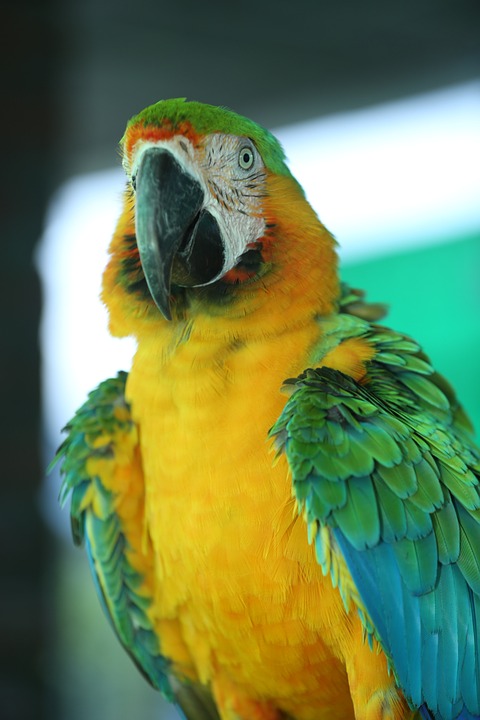Parrots are social creatures that thrive on interaction with their human companions. However, excessive begging behavior during meals can become problematic and disruptive. As a parrot owner, it’s important to understand the reasons behind this behavior and learn effective techniques to discourage it. This article will provide insights and practical tips to help you address and correct excessive begging behavior in your feathered friend.
Why Do Parrots Beg During Meals?
Parrots may exhibit begging behavior during meals due to various reasons, including:
1. Natural Instincts: Parrots are opportunistic foragers by nature, and begging is a strategy they use to obtain food from their flock members in the wild.
2. Attention-Seeking: Some parrots beg for food as a means to gain attention or interaction with their human companions.
3. Reward-Based Behavior: If a parrot has been rewarded for begging in the past, they may continue the behavior in anticipation of receiving food.
Tips to Discourage Excessive Begging Behavior
If your parrot’s begging behavior has become excessive or bothersome, here are some effective strategies to discourage it:
1. Establish Consistent Meal Times: Stick to a regular feeding schedule to establish a routine for your parrot. This will help them understand that begging will not yield immediate results.
2. Ignore Begging Behavior: Giving in to begging only reinforces the behavior. Instead, ignore the parrot’s begging attempts and avoid eye contact or verbal engagement during meals. Be patient, as it may take time for your parrot to understand that begging is ineffective.
3. Provide Adequate Mental Stimulation: Offer your parrot plenty of toys, puzzles, and foraging opportunities to keep them mentally engaged. This will divert their attention away from begging and encourage independent play.
4. Use Positive Reinforcement: Reward your parrot for calm and patient behavior during meals. Offer verbal praise, treats, or a favorite toy after they have remained quiet and relaxed. This reinforces the desired behavior and helps shift their focus away from begging.
5. Create a Distraction-Free Environment: Ensure that your parrot’s feeding area is free from distractions, such as loud noises, other pets, or high foot traffic. Minimizing potential disturbances will aid in reducing begging behavior.
6. Utilize Target Training: Teach your parrot target training, where they learn to touch a specific object (e.g., a stick or a target) on command. This exercise helps redirect their focus and can be used during mealtime to discourage begging.
FAQs – Frequently Asked Questions
Q: Is it okay to share human food with my parrot to prevent begging behavior?
A: While it may be tempting to offer small portions of your meal to your parrot, it is generally advisable to provide them with a balanced diet of specially formulated parrot food. Many human foods can be harmful to parrots, so it’s best to stick to their appropriate diet.
Q: My parrot becomes extremely persistent with begging behavior. What should I do?
A: Persistent begging behavior may require more patience and consistency in your approach. Continue to ignore the begging and reward calm behavior. Consult with an avian behaviorist or an experienced parrot trainer if the behavior persists.
Q: Can punishment be effective in stopping begging behavior?
A: Punishment is not recommended as it can lead to increased stress and anxiety in parrots. Positive reinforcement and redirection are more effective and humane methods to discourage begging behavior.
Remember, each parrot is unique, and it may take time to modify their behavior. Be consistent, patient, and provide ample love and attention to your feathered companion. With time and effort, you can foster a mealtime routine free from excessive begging behavior, resulting in a harmonious environment for both you and your parrot.









